Translation Impossibility
From "The Medium is The Message":
“Indeed, it is only too typical
that the content of any medium blinds us to the character of the medium”
(9).
That is to say, we are too preoccupied by the “content” of the message
that we ignore the deep and radical change the very message brings about. Our
eyes and ears being filled with information we fail to recognize the agent of
our profound change.
It is the world in which the invisible environment of new electronic technologies of communication is being secretly imposed on us. (*1)
In order to perceive the “invisible ground rules” of the technological media, we have to learn to think in reverse image: to perceive the subliminal grammar of technology as metaphor, as a simulacrum or sign-system, silently and pervasively processing human existence.
For McLuhan it is the psychic and social consequences of the media which constitute its primary message (Laing). Therefore it is not the content which is important; “it is the character of the medium that is its potency or effect - its message” (Federman). Apparently, McLuhan clearly did not underestimate the significance of this effect. In his book Media is the message one can read:
All media work us over completely. They are so pervasive in their personal, political, economic, aesthetic, psychological, moral, ethical and social consequences that they leave no part of us untouched, unaffected, unaltered. The medium is the message. Any understanding of social and cultural change is impossible without a knowledge of the media work as environments. (26)
McLuhan also offers a solution to this silent, creeping menace of media environments. One has to learn how the medium operates in order to fully realize the extent of its effect and to avoid its hypnotic grip. This can be, in McLuhan’s opinion, helped by “anti-environments” or “counter-situations” created by artists (“Medium” 68). Artists are capable of looking at things from different angles; they often break the traditional perspective thus providing valuable insights into the nature of things. This capacity of art to pierce the surface of things, to reveal their true nature can be also used in the process of deciphering the effect of media. By avoiding the fixed point of view and using multiple methods of exploration one can shake down the narcotic and numbing effect of the new media technology. Using “the technique of suspended judgment”, perceiving and penetrating the media message from different angles we can stop its insertion into our psyche (“Understanding” 63).
-----------------------
What is at stake
 VS
VS

Or
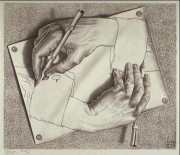
that in terms of observation & identification or perception &rendering was
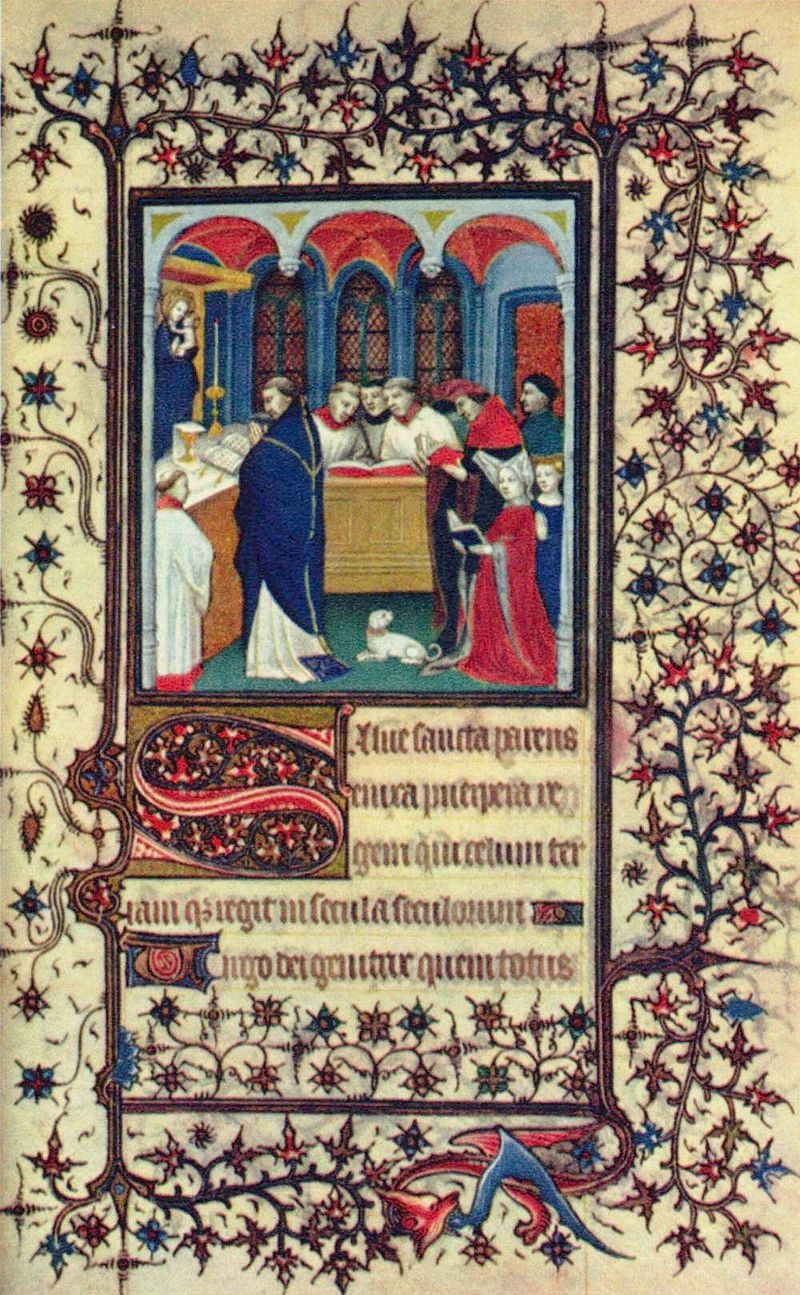 Take
a lok at Illuminated Manuscript
Take
a lok at Illuminated Manuscript
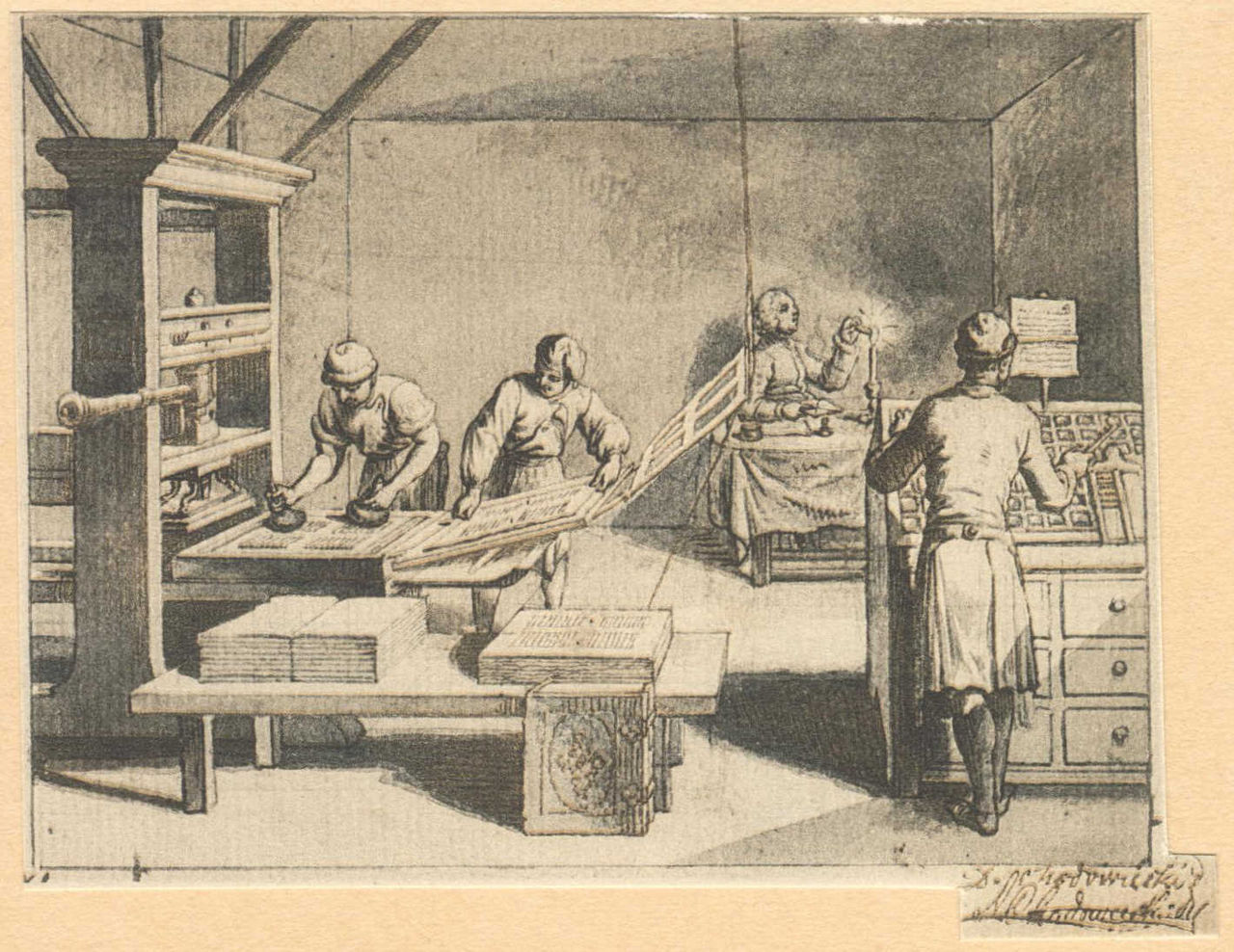 "Chodowiecki
Basedow Tafel 21 c Z" by Daniel Chodowiecki - DANIEL CHODOWIECKI 62 bisher
unveröffentlichte Handzeichnungen zu dem Elementarwerk von Johann Bernhard
Basedow. Mit einem Vorworte von Max von Boehn. Voigtländer-Tetzner, Frankfurt
am Main 1922. (self scanned from book). Licensed under Public Domain via Commons
- https://commons.wikimedia.org/wiki/File:Chodowiecki_Basedow_Tafel_21_c_Z.jpg#/media/File:Chodowiecki_Basedow_Tafel_21_c_Z.jpg
"Chodowiecki
Basedow Tafel 21 c Z" by Daniel Chodowiecki - DANIEL CHODOWIECKI 62 bisher
unveröffentlichte Handzeichnungen zu dem Elementarwerk von Johann Bernhard
Basedow. Mit einem Vorworte von Max von Boehn. Voigtländer-Tetzner, Frankfurt
am Main 1922. (self scanned from book). Licensed under Public Domain via Commons
- https://commons.wikimedia.org/wiki/File:Chodowiecki_Basedow_Tafel_21_c_Z.jpg#/media/File:Chodowiecki_Basedow_Tafel_21_c_Z.jpg
Always under the same initial proposition
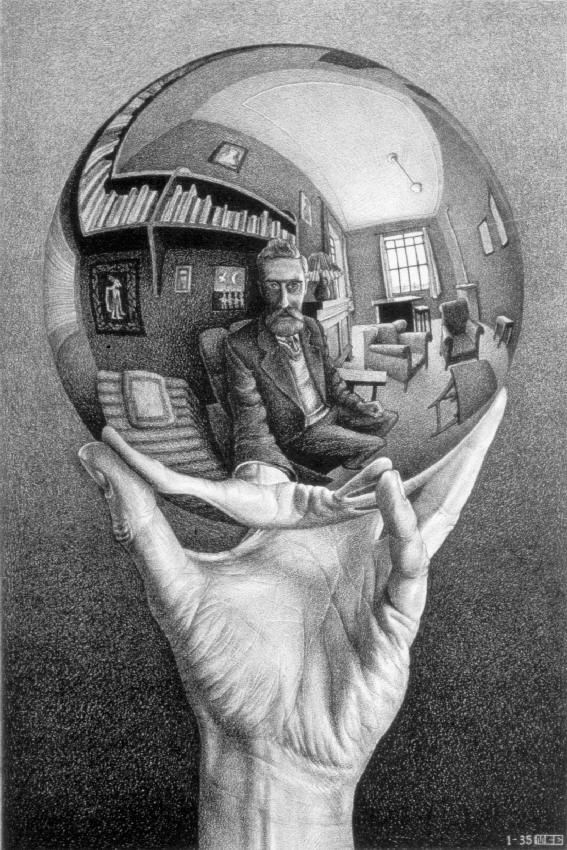
and is turning to
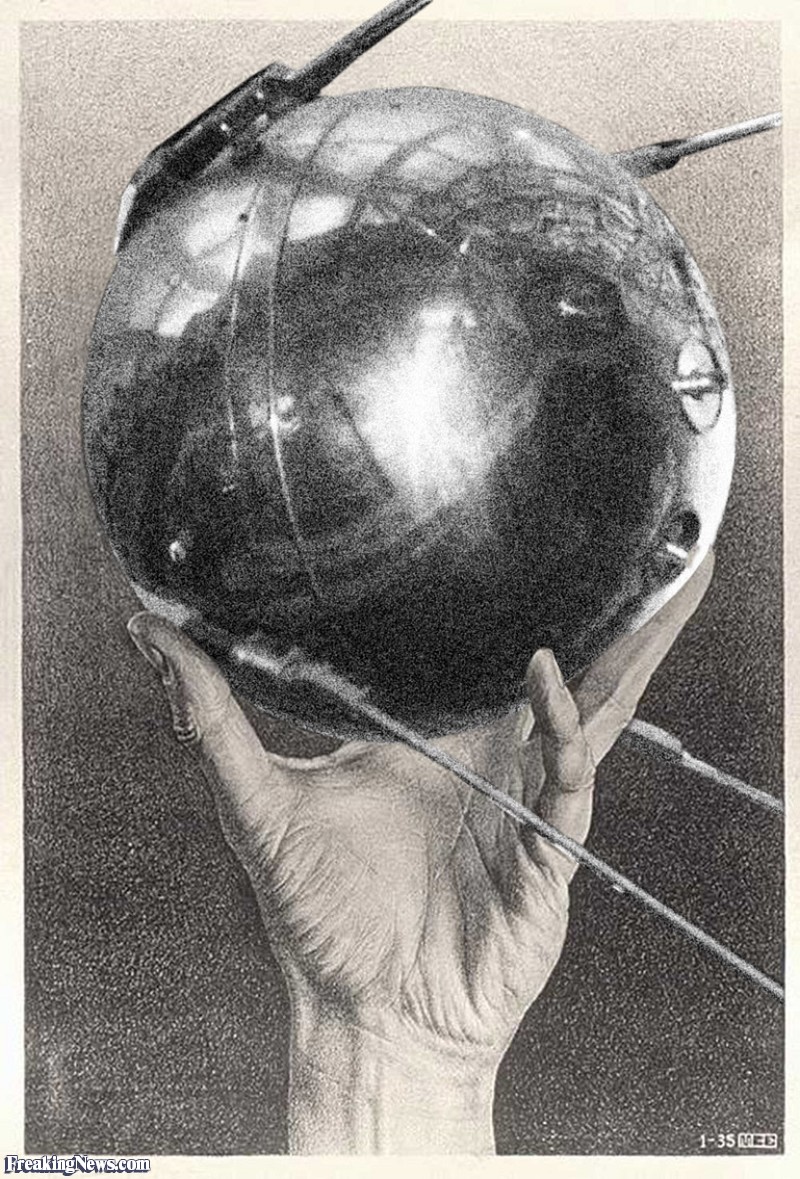

And what McLuhan has to add to all that:
Please pay attention to what McLuhan said at 6:00' (minutes) in the first part of
Marshall McLuhan Full lecture: The medium is the message - 1977
When asked about advertising as a form of art, he said and I quote:
"The concern of the advertiser is to make an effect. Any painter, any artist, any musician, sets up a trap to catch some body's attention.
(when re repeats, he includes poets)
"Any painter, any poet, any artist, any musician, sets up a trap for your attention that is the nature of art".
He could have included Writer. In Joyce, it is the ciphering.
T S Elliot perhaps was referring to that when he Published at The Dial in November of 1923 and I quote from there:
It is here that Mr. Joyce’s parallel use of the Odyssey has a great importance. It has the importance of a scientific discovery. No one else has built a novel upon such a foundation before: it has never before been necessary. I am not begging the question in calling Ulysses a ‘novel’; and if you call it an epic it will not matter. If it is not a novel, that is simply because the novel is a form which will no longer serve; it is because the novel, instead of being a form, was simply the expression of an age which had not sufficiently lost all form to feel the need of something stricter. Mr. Joyce has written one novel — the Portrait; Mr. Wyndham Lewis has written one novel Tarr. I do not suppose that either of them will ever write another ‘novel’. The novel ended with Flaubert and with James. It is, I think, because Mr. Joyce and Mr. Lewis, being ‘in advance’ of their time, felt a conscious or probably unconscious dissatisfaction with the form, that their novels are more formless than those of a dozen clever writers who are unaware of its obsolescence.
Let's add something else.
Media Hot and Cold from
The concept of hot and cold media encompasses the manner in which various media affect our brain and senses. It also deals with the fact that different media tend to invoke different levels and types of participation. The basic assumption lying behind this dichotomy draws upon the different amount of data each medium is capable of providing. Whereas a hot medium extends our senses with an abundance of detail, a cold one provides considerably lower amount of information. “A hot medium is one that extends one single sense in high definition. High definition is the state of being well filled with data” (Understanding...pg 22” ). Provided that one’s senses are being filled with a sufficient amount of data transmitted by a hot medium, one can hardly expect the recipient to strain himself to increase this amount. If one is given enough information, there is no need to add or complete anything on his/her own. The level of participation is rather low with hot media. McLuhan himself states that:
On the other hand, hot
media do not leave so much to be filled in or completed by the audience. Hot
media are, therefore, low in participation, and cool media are high in participation
or completion by the audience. (“Understanding...” pg 36)
The way hot and cold media affect the level of our participation could be demonstrated on an example of a jigsaw puzzle. A completed puzzle is not a puzzle; it is a finished, enclosed picture and the only way we can interact with it is to perceive it passively. We do not participate in its completion, and it does not invite us to do so. The completed puzzle is a hot medium. An incomplete puzzle of a cold medium, on the other hand, provokes us, lures our senses into putting the missing pieces in the right place. It enables us to engage actively in the process of its completion, therefore is high in participation. Hot media are for example print, photograph and film – all these provide high definition data; cold media are e.g. speech, cartoon, telephone and TV. Cold media provide low definition data, thus leaving more to be filled in by the recipient.
...television and other electric media override time and distance instantaneously - making the world a 'global village'. The globe's citizens share a culture which has much in common with that of oral societies. The global village has swept aside the individualizing culture of print production. (Liukkonen)
The business of the
writer or the film-maker is to transfer the reader or viewer from one world,
his own, to another, the world created by typography and film. That is so obvious,
and happens so completely, that those undergoing the experience accept it subliminally
and without critical awareness.
(“Understanding” pg 285)
The comparison of the television picture to a mosaic is indeed rather vital for McLuhan’s interpretation of this medium.
Marshall McLuhan Full lecture: The medium is the message - 1977
Part II at 6:05
Asked about the idea of controlling Television:
The tendency of any media is to attract to itself types of contents consistent with its limits and so, in the long run as people gets the government they deserve and the media gets the contents it deserves and there has to have some kind of interplay of harmony between these things. I would point to the fact that TV is primarily with complex processes and the kind of contents that serves it are complicated processes. Radio is far a package medium far more concerned with the package and the message packed. It is a hot media whether TV is cool or hot involving characters is much less capable to cope with package and much more concerned with processes.
This sounds like a formula Joyce used turning his Ulysses into a "cold" media. The complicated processes here is what is inside the Ivory Tower and Bacon fought so eagerly for us to pay attention. And felt all over you as a bang and the Ivory Tower exercises control about what is suitable or not when it comes to Joyce. And everything else... And we are loosing what McLuhan squarely has demystifyed and you are crying out to people to pay attention.
The reason why the awarded, highly praised and extremely well executed film Ulysses, by Joseph Strick had practically no impact and people didn't care to see is because the film turned Ulysses into a hot media, i..e., the package and the "apparent" message took over and the real message, that is the complex processes James Joyce analyses, simply disappeared. The portion of the Molly Bloom monologue of that picture that became famous, was not because of the monologue, but because it is loaded with erotic content of the image that can be seen even if you turn the sound off.
Most definitely McLuhan has a lot to say to literature, and Ulysses is perhaps its best example.
It deserves a McLuhanian full fledged probing. And That is what I think I did... "cooling" him down. in a much more accessible approach than the standard practices by the ivory tower...as it was Joyce's intention...
==================
The situation described for Italian is at http://www.academia.edu/1202962/The_Translators_Visibility_The_Italian_Translations_of_Finnegans_Wake very much the same and I suspect is the same for the French or any other idiom that had translations of Joyce.
Specifically what Schenoni claims about his translation as recreation of Finnegans Wake is exactly what Haroldo Campos claimed about his translations to Portuguese, in Brazil.
From literature... but from the visual arts, William M.Ivins, Jr, in his Prints and Visual Communication, is absolutely astonishing an influence it had on McLuhan thinking.